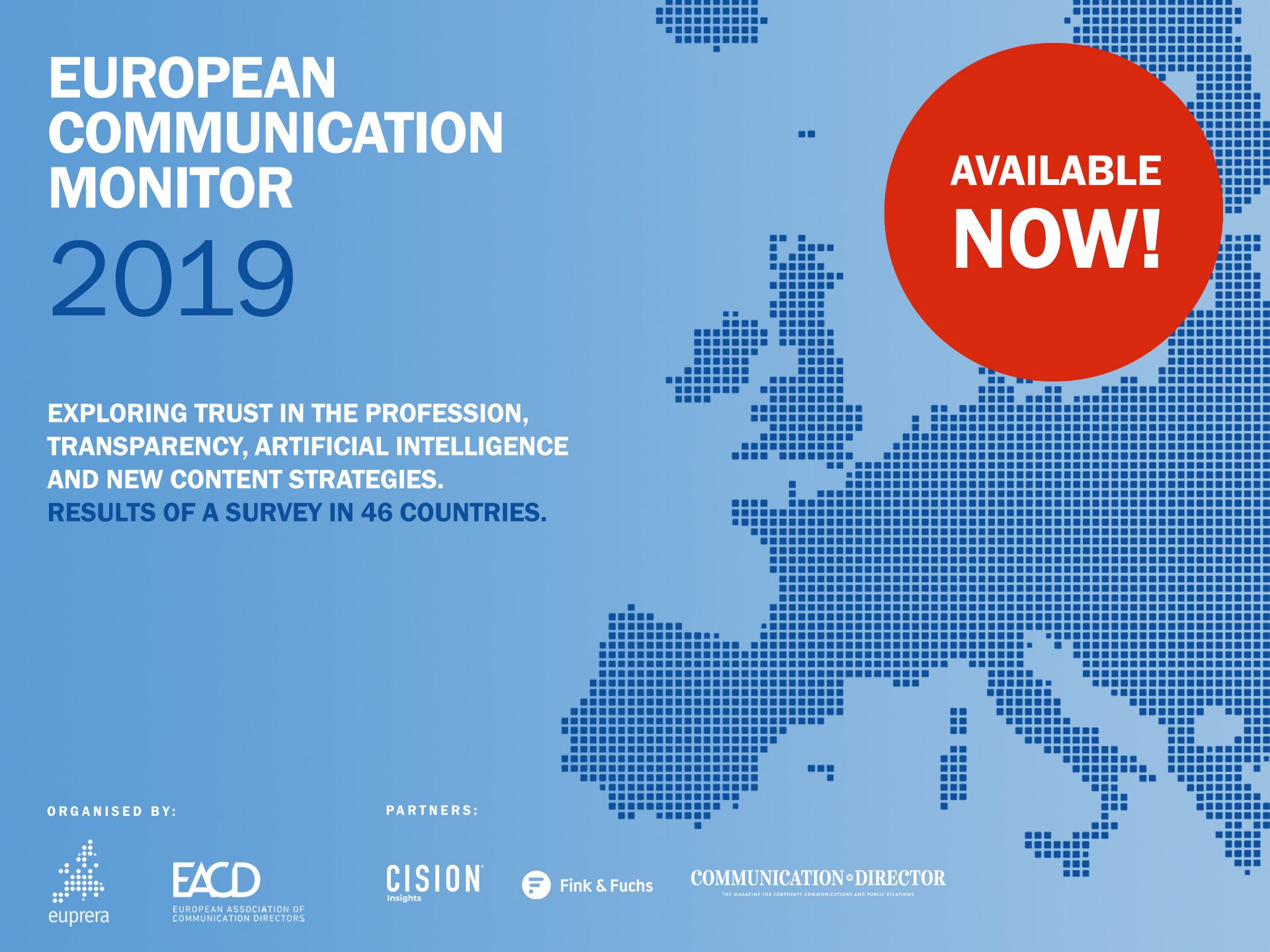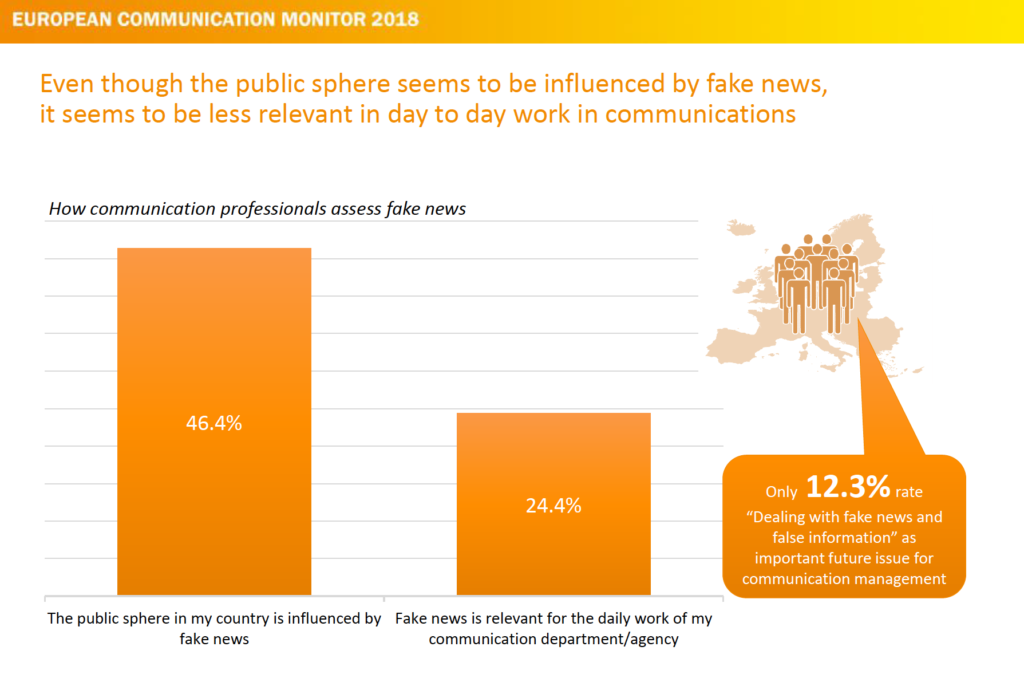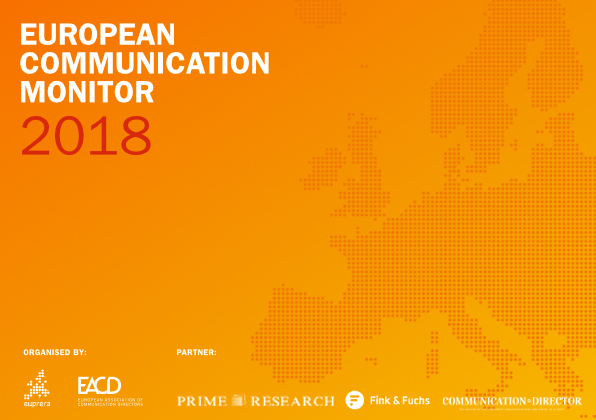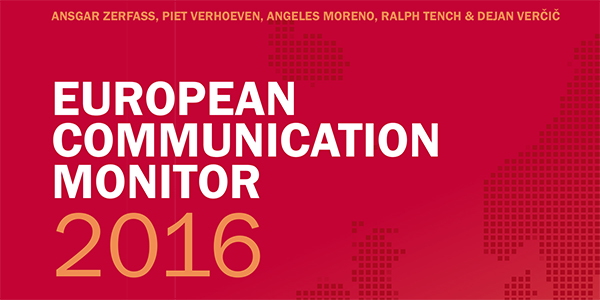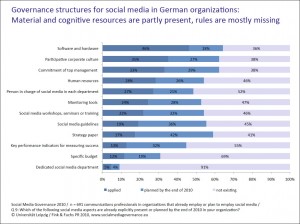Communication profession in Europe is challenged by rising mistrust, but new organisational advocates and Artificial Intelligence offer opportunities to shape public discourse
The results of the world’s largest study into strategic communication and public relations are presented today. The European Communication Monitor 2019 surveyed 46 countries producing the following highlights:
- Communication practitioners experience a low level of trust in their profession,
but feel confident on a personal level with their colleagues, bosses, clients and audiences - External experts and top management are rated as the most trusted organisational advocates with marketing/sales and communications lagging behind
- Artificial Intelligence is expected to impact the profession, but communication practitioners lack competencies and experience
- Sponsored content is frequently used by every second organisation in Europe
- There are significant differences between countries, as well as companies and non-profits across Europe
Continue reading European Communication Monitor 2019 released
